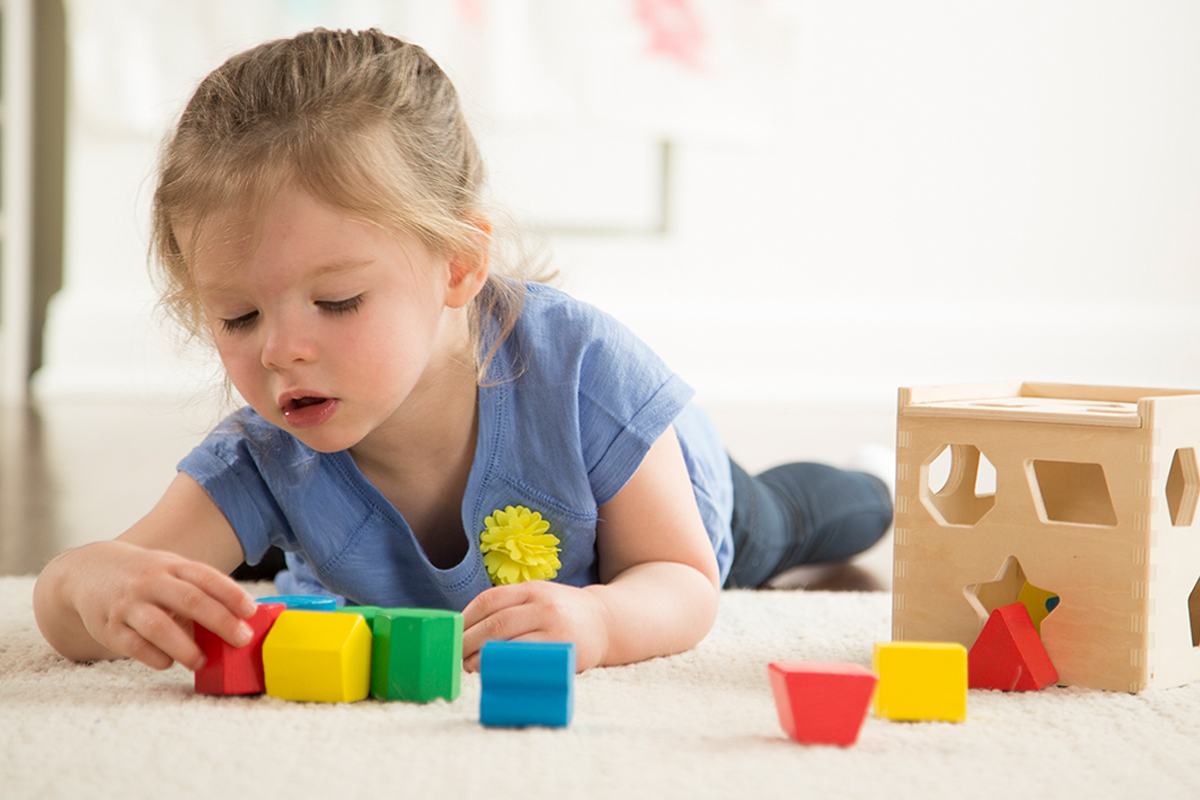The development of logical thinking in children is an important process that influences their ability to analyze, make decisions, and solve problems. Games designed to enhance logical skills help children train their cognitive abilities in a playful way. Let’s explore different types of games and their benefits.
Board Games: Classics for Logic and Strategy
Board games play a crucial role in developing intellectual skills in children. They teach planning actions, analyzing opponents’ moves, and predicting the consequences of their own decisions.
Chess and Checkers
Chess trains strategic thinking, memory, and the ability to create long-term plans. Checkers, on the other hand, develops quick reactions and situational analysis skills.
Monopoly
This game teaches resource management, decision-making under constraints, and basic economic principles.
UNO and Card Games
These games are not only entertaining but also help children improve attention, reaction speed, and the ability to memorize sequences.
Digital Versions
Modern tablets and computers offer digital versions of board games. For instance, chess or “Battleship” can now be played online.
For younger children, there are many simplified board games with colorful images to help them master basic skills like grouping, sorting, and matching.
Logic Puzzles: Mental Training at Any Age
Puzzles are a unique way to develop logic and attention, starting from an early age. They help children learn to find solutions to unconventional problems.
Rubik’s Cube and Other 3D Puzzles
These are perfect for developing spatial thinking. Simplified versions like pyramids or cubes with hints are available for younger children.
Jigsaw Puzzles
Choose puzzles according to the child’s age. Younger children can start with large wooden puzzles, while older ones can tackle complex mosaics with hundreds of pieces.
Assembly Puzzles
Games that involve assembling figures from multiple parts (like Tetris or Tangram) enhance spatial imagination and analytical skills.
Logical Tasks
Tasks like continuing sequences, finding differences, or building logical chains train abstract thinking.
Smartphone and tablet apps offer numerous logic game options such as Sudoku, crosswords, and math puzzles.
Active Logic Games: Developing Through Movement
Movement-based games that require logical thinking allow children to develop both mental and physical skills. These games are particularly beneficial for energetic children.
Quests
Organize indoor or outdoor quests involving object searches, solving riddles, and overcoming obstacles. These activities spark interest in logical challenges.
“Live” Mazes
Draw a maze on the floor with lines and challenge the child to navigate it while avoiding “traps” and completing specific tasks.
The “Yes-No” Game
In this game, the leader thinks of a word, and participants try to guess it by asking questions that can only be answered with “yes” or “no.” It helps train logical reasoning.
Bridges and Obstacles
Create a course using pillows, chairs, and other household items for the child to navigate while following certain rules.
Active games combine physical activity with mental exercise and help improve motor skills and coordination.
Digital Games: Technology as a Learning Tool
Digital games are very popular among children. With the right app selection, they can become a powerful tool for learning and development.
Math Games
Apps featuring addition, subtraction, multiplication, and division tasks make learning an engaging adventure.
Programming Games
Simple games like “CodeMonkey” or “ScratchJr” teach children the basics of programming and enhance logical thinking.
Puzzle Worlds
Games like “Cut the Rope” or “Where’s My Water?” foster logical reasoning and teach creative problem-solving.
It is important to monitor screen time and choose games that are age-appropriate.
Developmental games help children cope better with academic tasks and prepare them for real-life situations. The key is to strike a balance between learning and entertainment, making the developmental process exciting and engaging.


